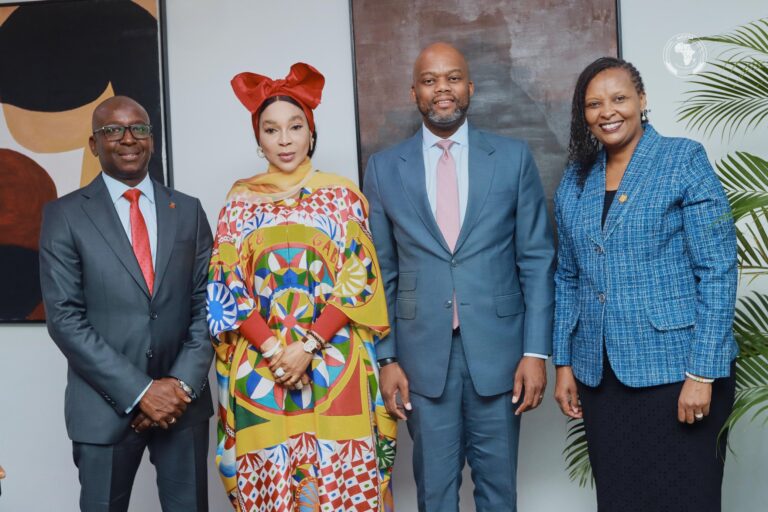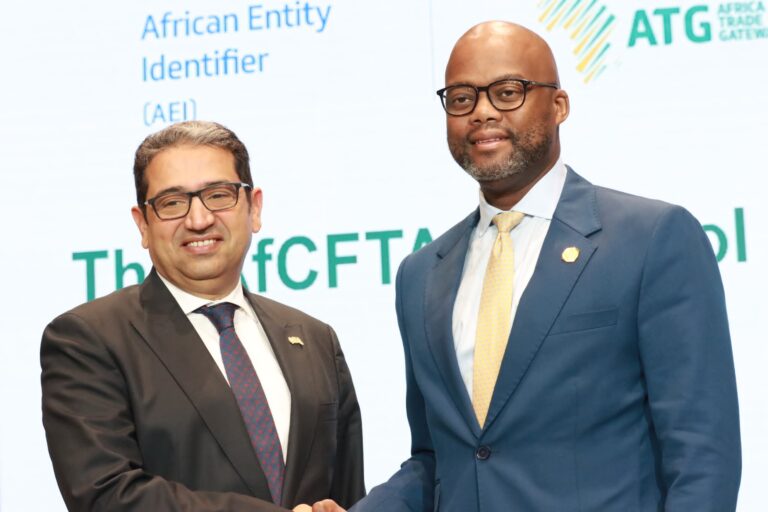Africa is one of the most rapidly industrializing regions in the world. Despite this progress, much work still needs to be done to include all Africans in the benefits of industrialisation.
The AU Africa Industrialisation Week which will be held in Niamey, Niger from the 18th to the 26th of November under the theme “Industrialising Africa: Renewed commitment towards an Inclusive and Sustainable Industrialisation and Economic Diversification” is a chance for leaders, policymakers, and businesses to join together and discuss ways to spur industrial growth in the continent. This is an important event for the continent of Africa. The summit aims to highlight Africa’s renewed political determination and commitment to industrialisation, which is seen as a key pillar in achieving the continent’s economic growth and development goals. Economic integration and increasing intra-Africa trade are crucial steps towards strengthening the continent’s economies and reducing dependence on exports and imports from outside regions. By utilizing resources within the continent and implementing effective industrial policies, Africa can improve its economic standing on the global stage. However, these changes cannot happen overnight – it will take collaboration and commitment from all stakeholders. The Africa Industrialisation Week provides an important platform for addressing these challenges and working towards solutions.
In light of the key interdependencies between industrialisation and the African Continental Free Trade Area Agreement (AfCFTA), the summit seeks to rally political momentum, resources, partnerships, and alliances towards an Africa-wide industrialisation drive. This is in line with the African Union’s resolve to drive structural transformation, leveraging Africa’s rich natural resources while embracing current advances in technology. The summit will be a crucial step in promoting intra-Africa trade and economic integration, both of which are essential for Africa’s continued success.
The expected outcomes from the Summit are a renewed continental policy framework on Africa’s industrialisation aimed at rallying the continent’s resolve and a fresh commitment to a bold set of policy and investment actions to accelerate the continent’s industrialisation drive. It seeks to reinforce the development of regional industrial value chains to clearly articulate Africa’s quest to industrialize, create jobs and entrepreneurship opportunities for Africa’s MSMEs, youth and women within the context of current and emerging continental and global socio-economic trends. The AfCFTA is central to the objective of achieving greater economic integration in Africa which is indispensable for boosting intra-Africa trade, reducing unemployment and poverty as well as promoting sustainable development.
Week long activities
Over the course of Africa Industrialisation Week, a number of programs and events will be held to highlight some key themes and topics with regards to industrialisation on the continent.
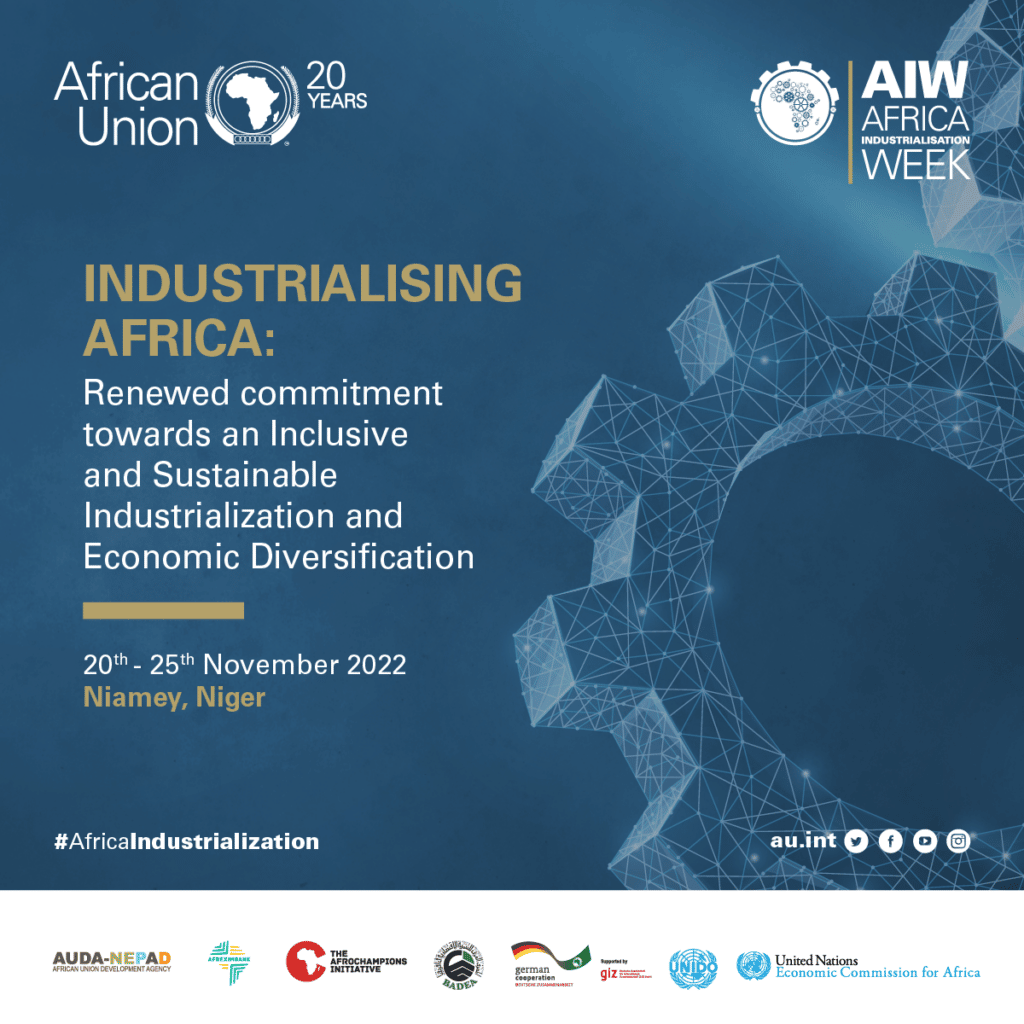
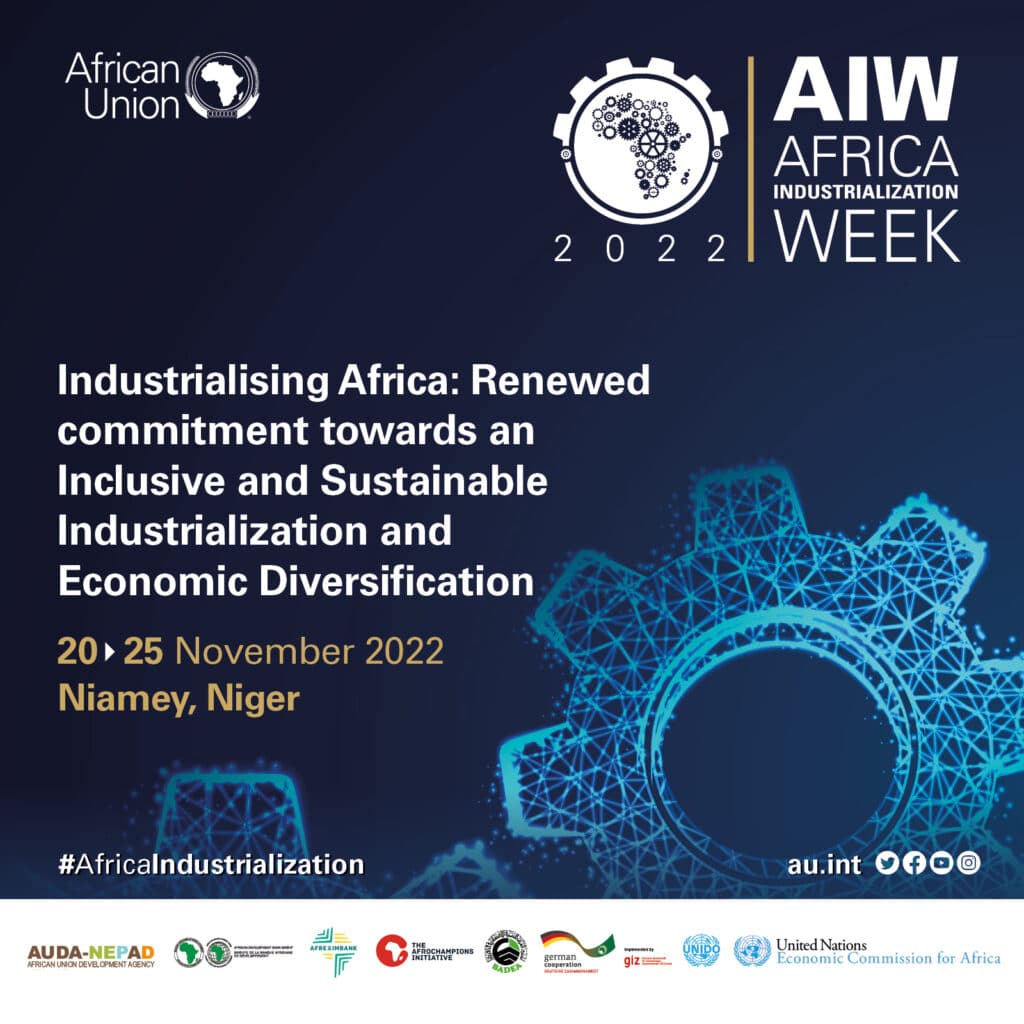
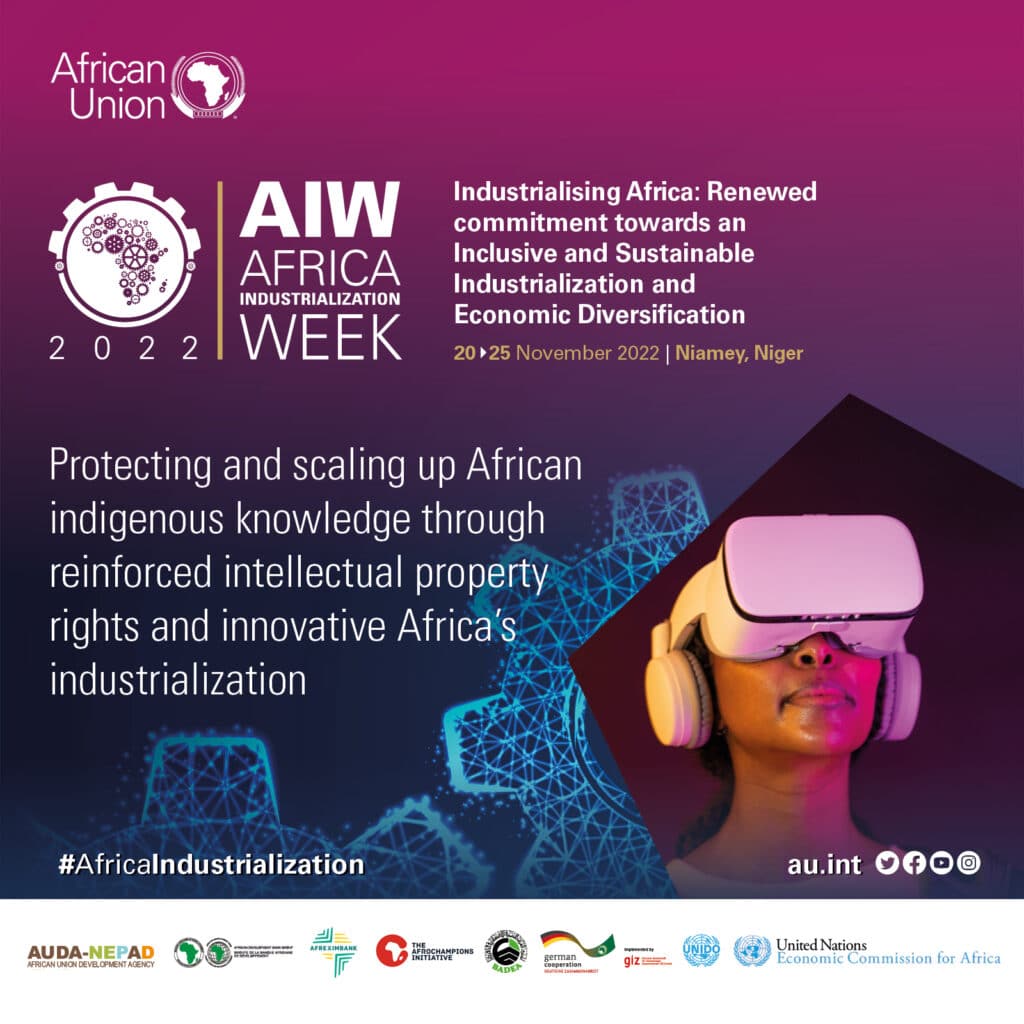
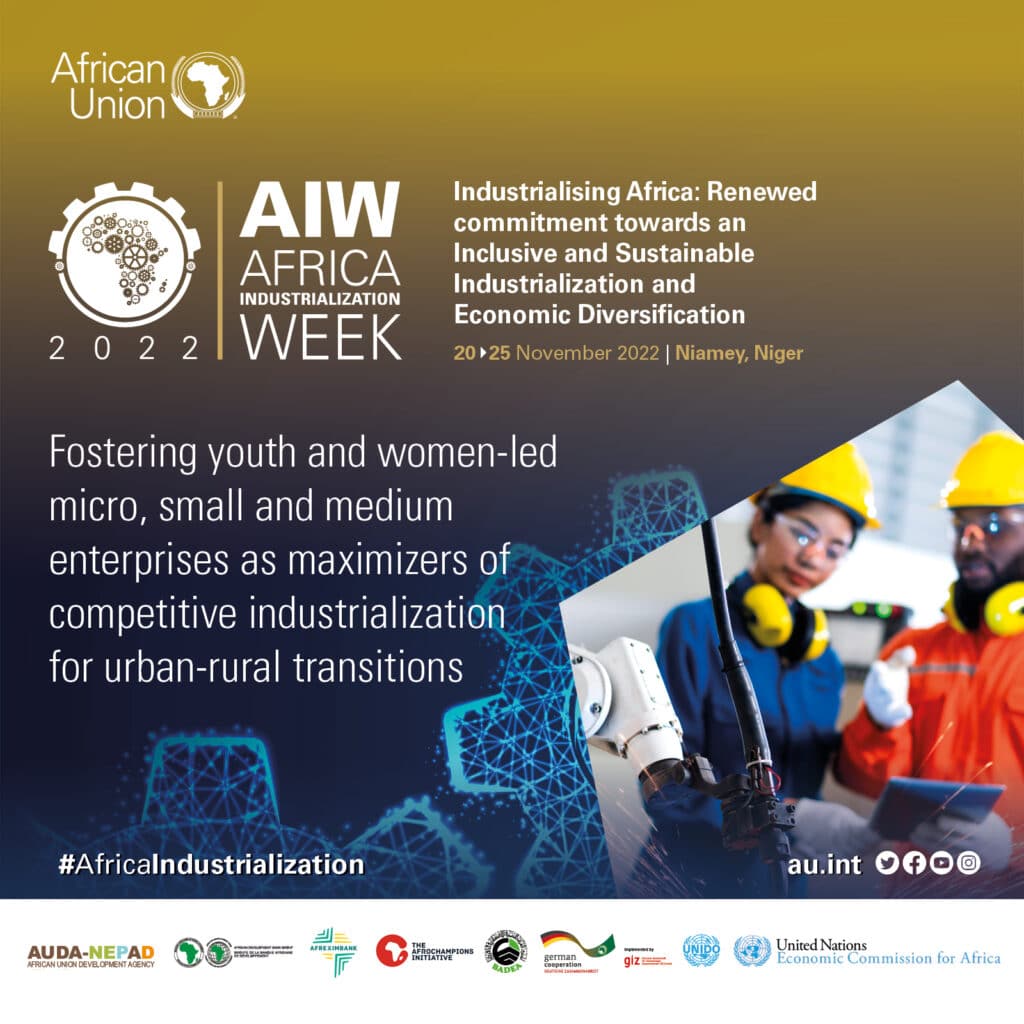
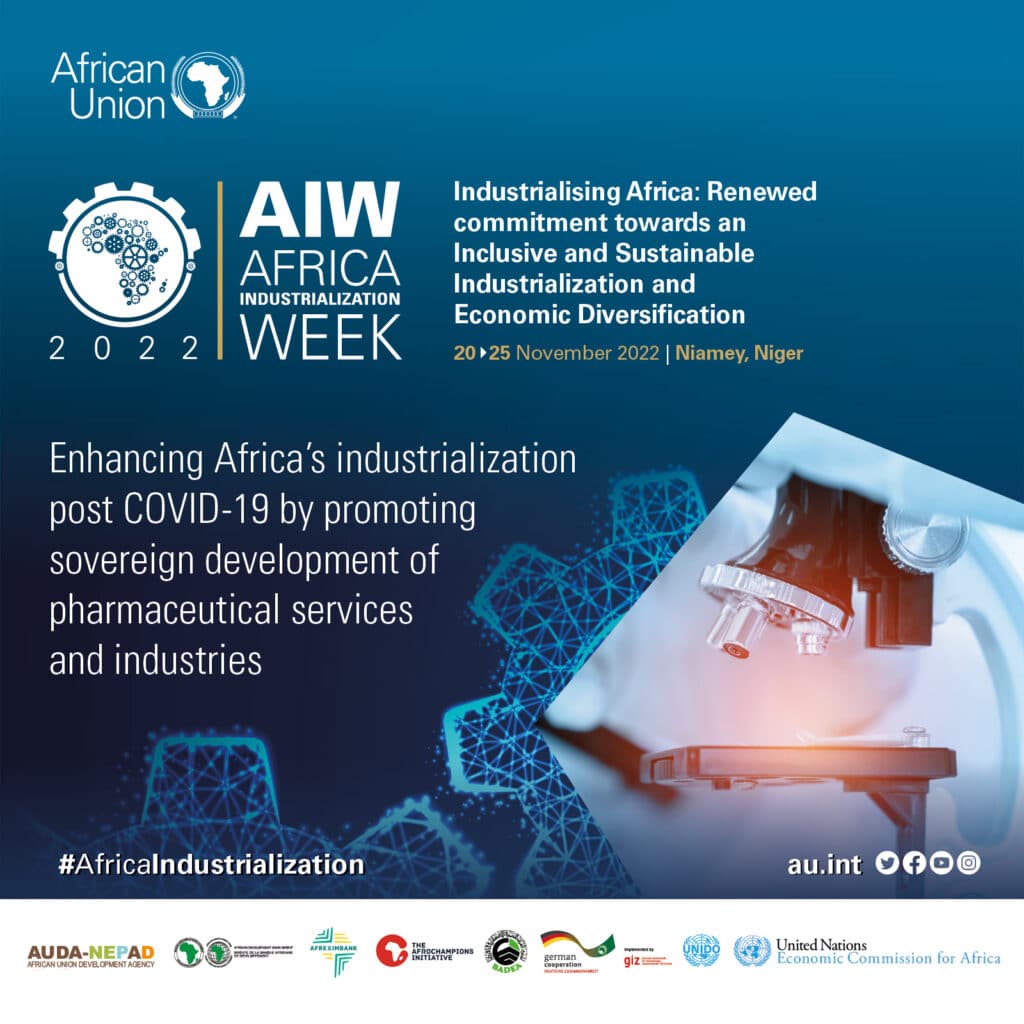
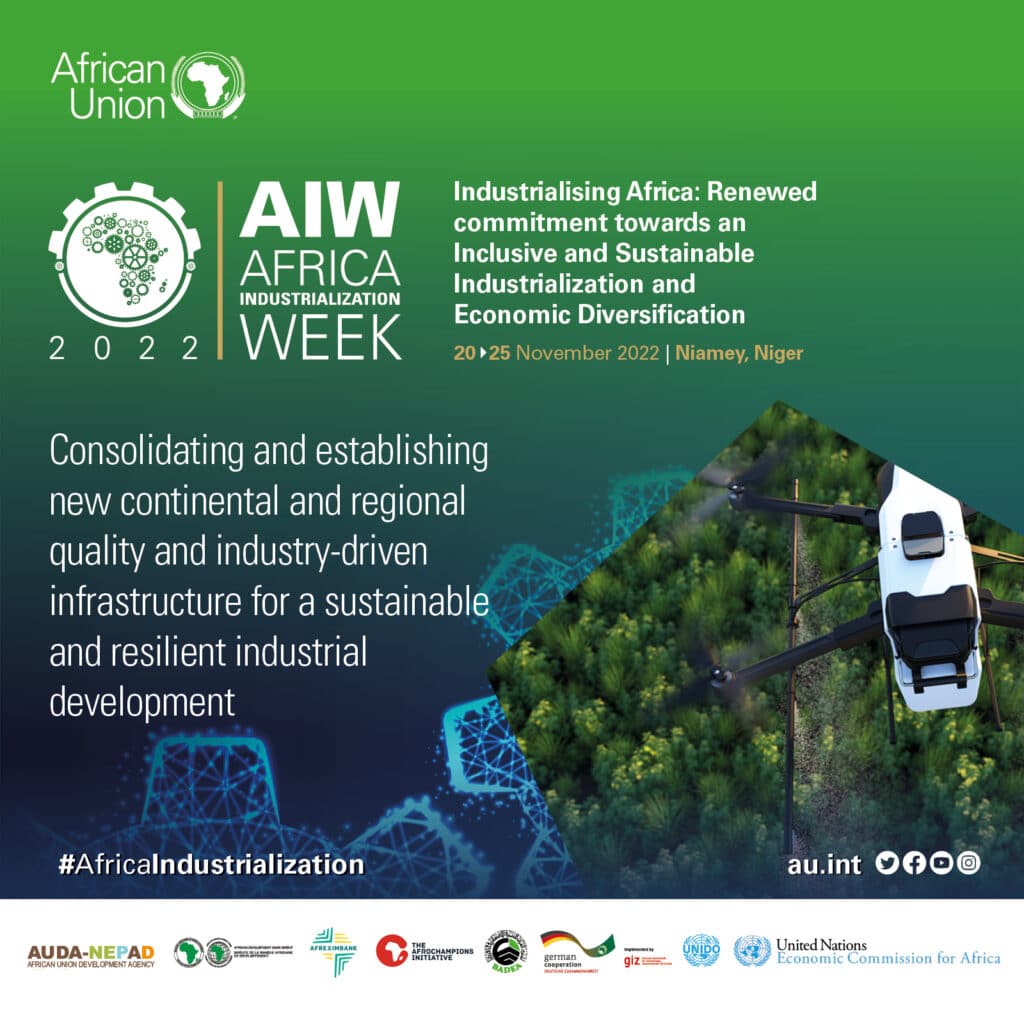
The programs include
- Fostering youth and women-led micro, small and medium enterprises as maximizers of competitive industrialisation for urban-rural transitions
- Africa industrialisation and multi-sectoral approaches for success: Facilitating cross sector interlinkages and conditions for success: energy, food security, institutions, legislation, skills development, environmental resilience
- Protecting and scaling up African indigenous knowledge through reinforced intellectual property rights and innovative Africa’s industrialisation
- Enhancing Africa’s Industrialisation post COVID-19 by promoting sovereign development of pharmaceutical services and industries
- Consolidating and establishing new continental and regional quality and industry-driven infrastructure for a sustainable and resilient industrial development
- Partnerships and alliances for accelerated industrialisation: Rallying domestic and international public-private partnerships for enhanced planning and implementation capabilities for accelerated industrial growth
- Upgrading competitiveness, production and trade capacities; connecting the dots between supply side capacities through manufacturing, integrated markets and trade developments
- Financing industrialisation, resource mobilisation and job creation: Catalysing domestic and international resources by expanding the continent’s fiscal capacity and creating job opportunities for Africa’s youthful populations
- Strengthening regional industrial value chains: Promoting regional value chains spillovers to create new continental industrial capabilities alongside AfCFTA implementation
Diversification of African economies is the only way for all African countries to prosper in an increasingly volatile global economy. The potential that exists within the region can be realised with increased diversification, innovation and competitiveness.
